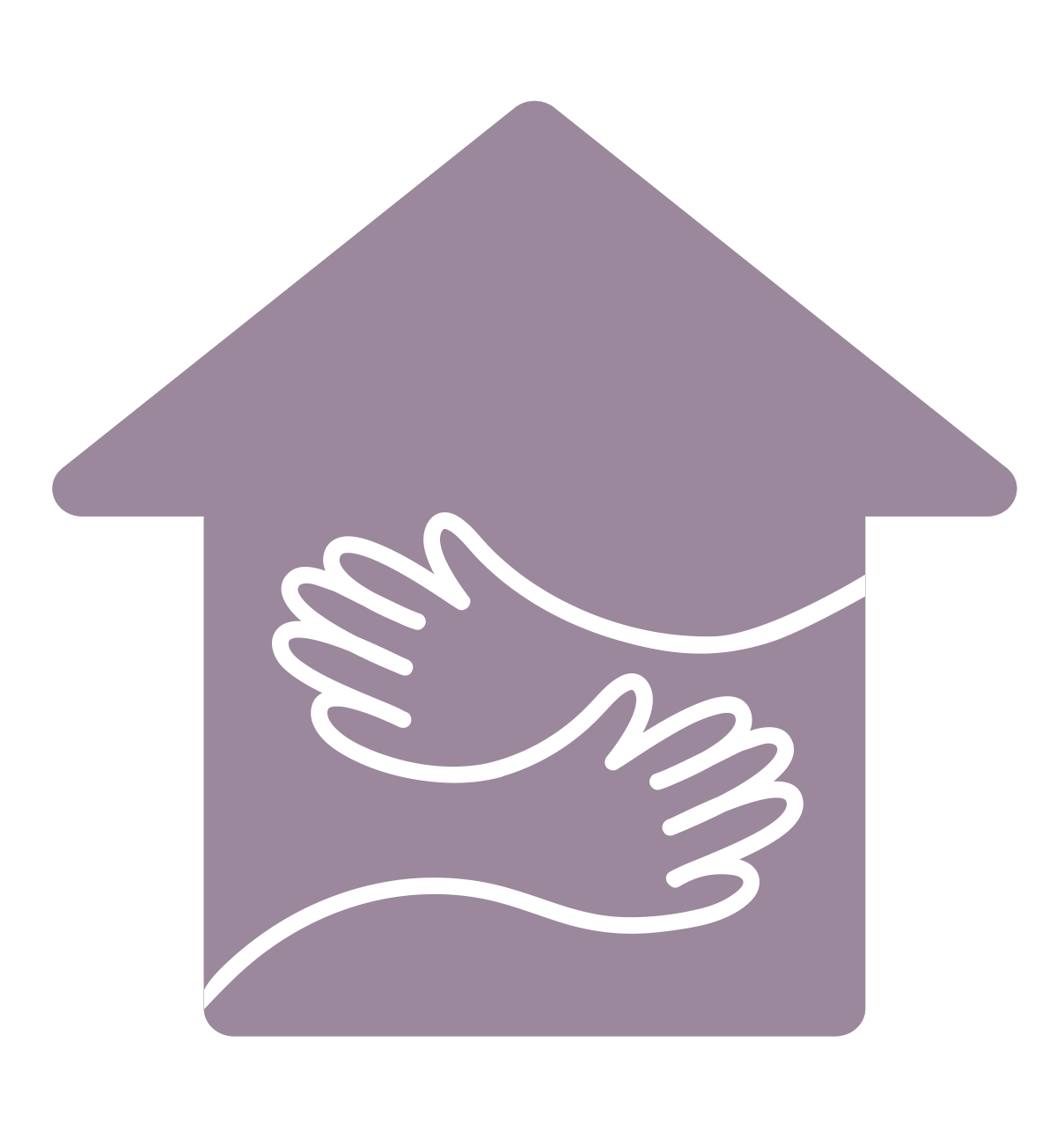RoommateAbuse.org
Raising awareness about abuse in shared living.
Everyone Deserves Safety at Home.
RoommateAbuse.org is a survivor-led, grassroots organization that works to end abuse in shared living
through raising awareness, supporting survivors, and creating educational programming.
We see you and you are not alone.
